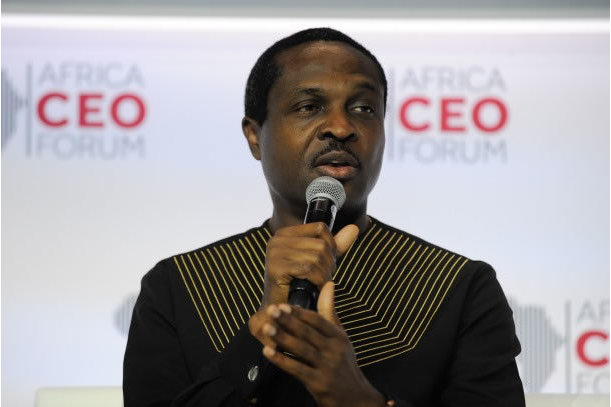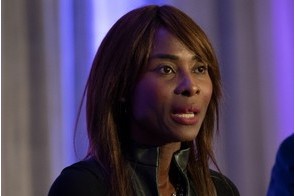Sahara Group pledges to appoint more women directors

Summary
Tonye Cole said Sahara Group plans to reach 40-60 female-male ratio on its board of directors.
Sahara Group, a leading Nigerian oil and gas company, has pledged to appoint more women to its board of directors as part of efforts aimed at improving women’s access to decision-making positions in African companies.
Tonye Cole, the Chairman of Sahara Group, made the pledge while participating in the African Women in Business working group launched during the 2017 Africa CEO Forum, which held in Geneva last month, according to a statement released today.
Cole, who was the only male participant in the group, said Sahara Group plans to reach 40-60 female-male ratio on its board of directors. He also pledged to bring other men to the next African Women in Business meeting, stressing that men also have a role to play in advancing gender equality.
Other members of the group include: Janine Diagou of NSIA Group (Côte d'Ivoire); Binta Touré Ndoye of Oragroup (Togo); Fathia Bennis of Maroclear; Tunisian lawyer Donia Ellouze, and Rosemary Yeboah of Ecobank (Ghana).
The group identified three keys for fostering female entrepreneurship in Africa. They are: (1) giving access to financial products specially designed for women entrepreneurs; (2) creating women’s networks such as the Senegal's Women Investment Club, whose 54 members raised half a million dollars to finance woman-run SMEs; and (3) advocacy aimed at promoting access to large public and private enterprise tenders for woman-owned SMEs.
The African Women in Business working group also recommended four ways to improve women’s access to decision-making positions in African companies. They are: (1) systematic mentoring aimed at helping women develop skills to optimize career opportunities; (2) promoting good work-life balance in companies; (3) encouraging gender equality legislation for boards of directors just like in Rwanda and other countries; and (4) creating databases that list high-potential female profiles to facilitate recruitment of women in decision-making positions.
Related
-
Access Bank Project 111 providing a lifeline for women battling fibroids
Project 111 takes a comprehensive approach to addressing fibroids, encompassing fundraising efforts, offering free ...
-
Facebook partners She Leads Africa to support female entrepreneurs
She Leads Africa has built a global community of over 100,000 members across Africa and the diaspora.
-
IFC, Goldman Sachs deliver $1.45bn credit to women entrepreneurs
WEOF builds on the IFC Banking on Women and Goldman Sachs 10,000 Women initiatives.










